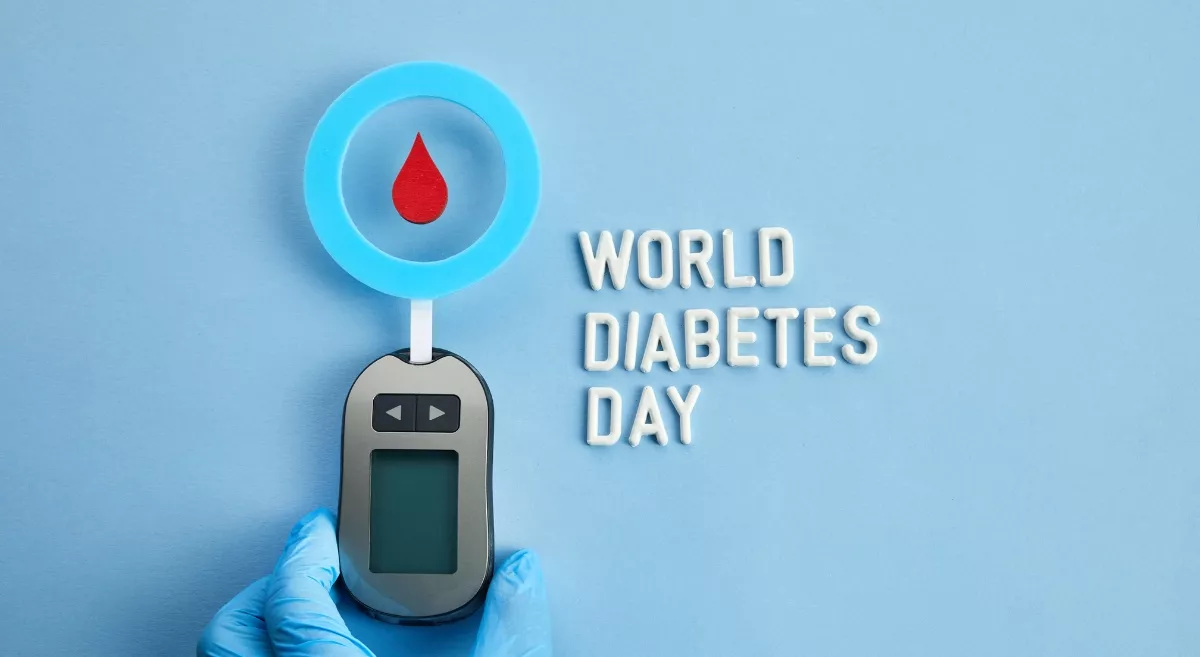While hereditary conditions contribute to the developing of high blood pressure, sedentary lifestyle and unhealthy habits also leads to fluctuating blood pressure in many young people. Extreme levels of high or low pressure can lead to dangerous results like stroke, paralysis and even death.Thus it is necessary that all precautions are taken to keep blood pressure normal. Changes in lifestyle with daily exercise and incorporation of healthy eating habits can go a long way in keeping blood pressure levels normal.
However, strict use of medications is also equally important to keep blood pressure in check. Several types of medications are available and the doctor will choose the one that suits our health conditions.
Following are some of the common types of medications that are used for maintaining normal blood pressure.
Diuretics
They are also known as “water pills”. Diuretics help the body to expel the excess water and sodium out. Expelling excess water from the body will reduce blood pressure in the vessel walls and facilitate the heart to pump in regular rhythm. It is prescribed to patients with mild hypertension and also prescribed in combination with other high blood pressure medications. There are mainly three types of diuretics—thiazide diuretics, loop diuretics and potassium-sparing diuretics. The doctor will choose the type of diuretic according to need. Thiazide diuretics are used for lowering blood pressure. Loop diuretics are effective in patients who show symptoms of congestive heart failure. Potassium-sparing diuretics are used to retain potassium in the body.
Some side effects of diuretics are
Beta-blockers
Frequent urination
Muscle weakness
Dizziness
Loss of appetite
Dehydration
They are used to prevent the action of sympathetic nervous system which forms the fight or flight hormone. It helps in reducing stress on the heart. They are used to reduce heart rate, force of pumping, as well as to reduce blood volume. They function by blocking the production of hormones like adrenaline and thereby reduce the speed of heart beat and decrease the fast contraction of the heart muscles. As a result the work of the heart is reduced and it requires less blood and oxygen. The heart’s labour decreases resulting in the lowering of blood pressure. Beta-blockers help manage heart rate and are also are suitable for patients who have irregular heart rates. However, beta-blockers are avoided in case of pregnant women, people with asthma, bronchospasm, extremely low blood pressure, slow pulse and heart block.
Some side effects of beta-blockers are
ACE-inhibitors
Fatigue and drowsiness
Dizziness
Edema or swelling in ankles, feet or legs
Low libido
Angiotensin converting enzyme (ACE) inhibitors are used for dilating the blood vessels and thereby allowing easy blood flow leading to decreased blood pressure and lessened effort of the heart. These medicines also accelerate the release of water and sodium through urine, which again aids in reducing blood pressure. ACE-inhibitors are used in treating high blood pressure and in combination with other medicines such as diuretics. This group of medications are useful in preventing heart attack and stroke. They are also helpful for people with weaker hearts and prevent kidney problems in people with diabetes.
The use of ACE-inhibitors should be restricted in pregnant and breast-feeding women. People with known sensitivity to ACE inhibitor and kidney issues should also avoid this medication. It is wise to take physician’s advice before going on medication.
Some side effects ACE-inhibitors are
Calcium channel blockers
Hypotension
Swelling of lips, eyes or tongue
Declining kidney function
Dry cough, dizziness, tiredness
Calcium channel blockers, as their name imply, blocks calcium from entering the heart muscles and arterial walls, thereby lowering blood pressure. Calcium causes the heart to contract with more force. When calcium flow is limited, this labour lessens and blood vessels relax, resulting in decreasing blood pressure. Calcium channel blockers can also reduce rapid heartbeat. Long-term and short-term calcium channel blockers are available. Long-term calcium blockers are slow but give long-lasting effect. On the other hand, short-term calcium channel blockers have immediate give immediate results but last only for a few hours. However, short term medicines are advisable in emergency conditions as they have quick results.
Calcium channel blockers can interact with other medication and supplements and the physician must be updated about any other drug that the patient is on. Further, avoiding smoking is also highly recommended while on calcium channel blockers as it might lead to rapid heart-beat.
Some side effects of calcium channel blockers are
Alpha-blockers
Alpha-beta-blockers
Dizziness
Nausea
Constipation
Heartburn
Fatigue
High blood pressure causes the muscular walls of the arteries to become hardened and stiff, narrowing the vessels and restricting blood flow as a result. Alpha-blockers help in relaxation of certain muscles and keep the small blood vessels open. It prevents the hormone noradrenalin from tightening the muscles in the arteries and veins. This enhances the blood flow and reduces blood pressure. Alpha-blockers reduce nerve impulses to blood vessels. They are given in tablet or capsule form. Some side effects of alpha-blockers are
Headache
Swollen legs or ankles
Sleep disturbance
Weakness
Dizziness
Alpha-beta-blockers work with the same principle as alpha-blockers. The only difference is that they reduce rapid heartbeat by helping it pump less blood through the vessels. Thus, blood pressure goes down.
Some side effects of alpha-beta-blockers are
Vasodilators
Fatigue, dizziness
Depression
Impotence
Swelling of feet and legs
Vasodilators are medicines that dilate or widen the blood vessels and improve the blood flow. There are mainly three types of dilators. They are arterial dilators, venous dilators and mixed dilators. Arterial vasodilators act on the arteries, venous dilators acts on the veins and mixed dilators act on both the arteries and veins. Vasodilators are prescribed in combination with other drugs to treat high blood pressure. They are often given when a person is in a hypertensive crisis.
Some side effects of Vasodilators are
Medications for blood pressure need be taken regularly and must not be stopped without consultation with the physician. Steady use of medication along with lifestyle changes and diet maintenance allows patients with abnormal blood pressure to lead a normal life. The suitable drug has to be chosen according to the health condition of the patient and only after consulting with the physician.
Chest pain
Palpitations
Dizziness
Headache
Flushing
Nasal congestion
Featured Blogs
One Aster
Personalized Medical Assistant for all your healthcare needs.
Book instant appointment, pay securely, eConsult with our doctors and save all your health records at one place are some of the benefits of OneAster App. It is everything you need, to manage your family Health.
* Registration available only for valid Indian mobile number





